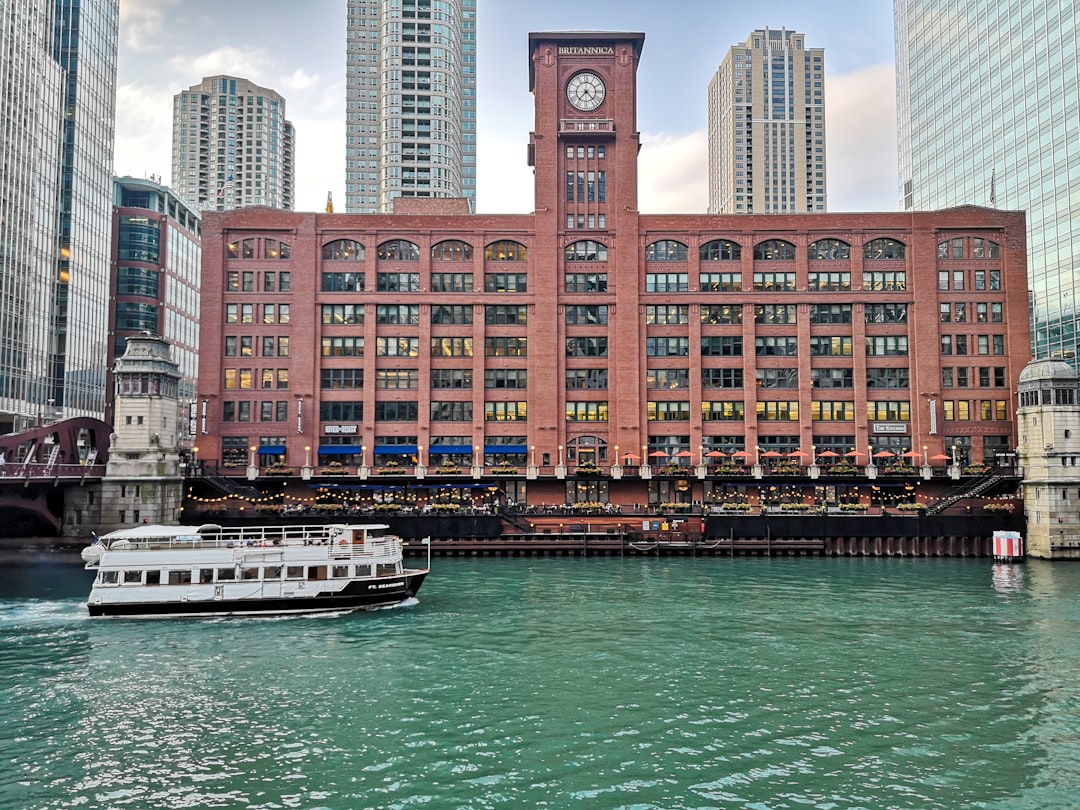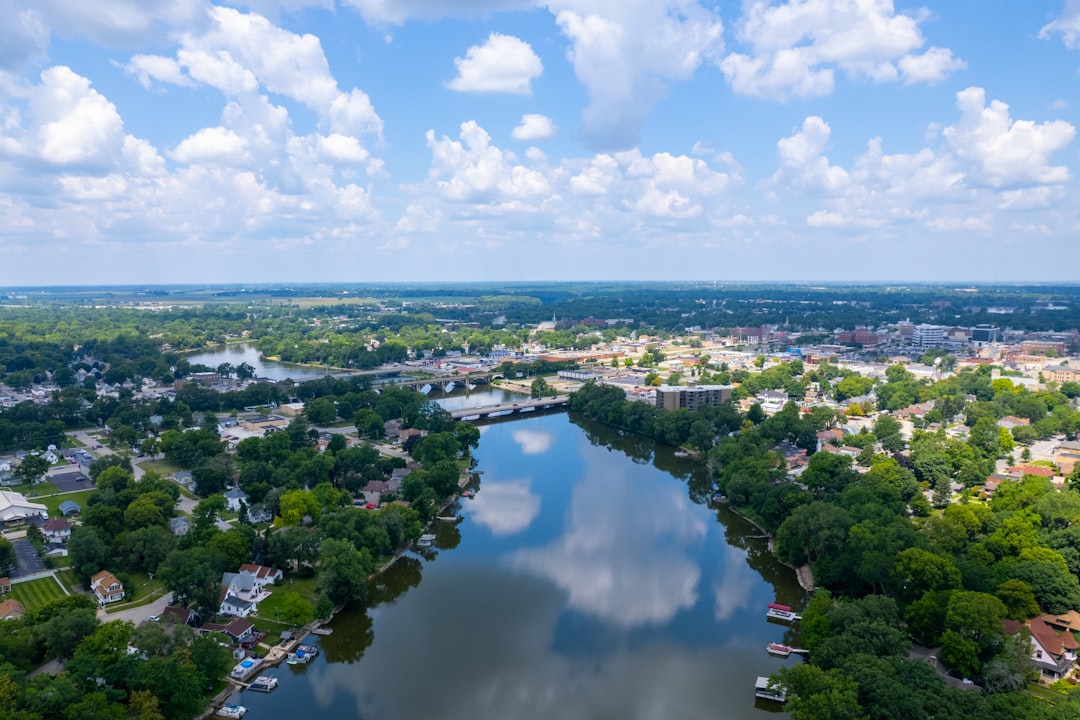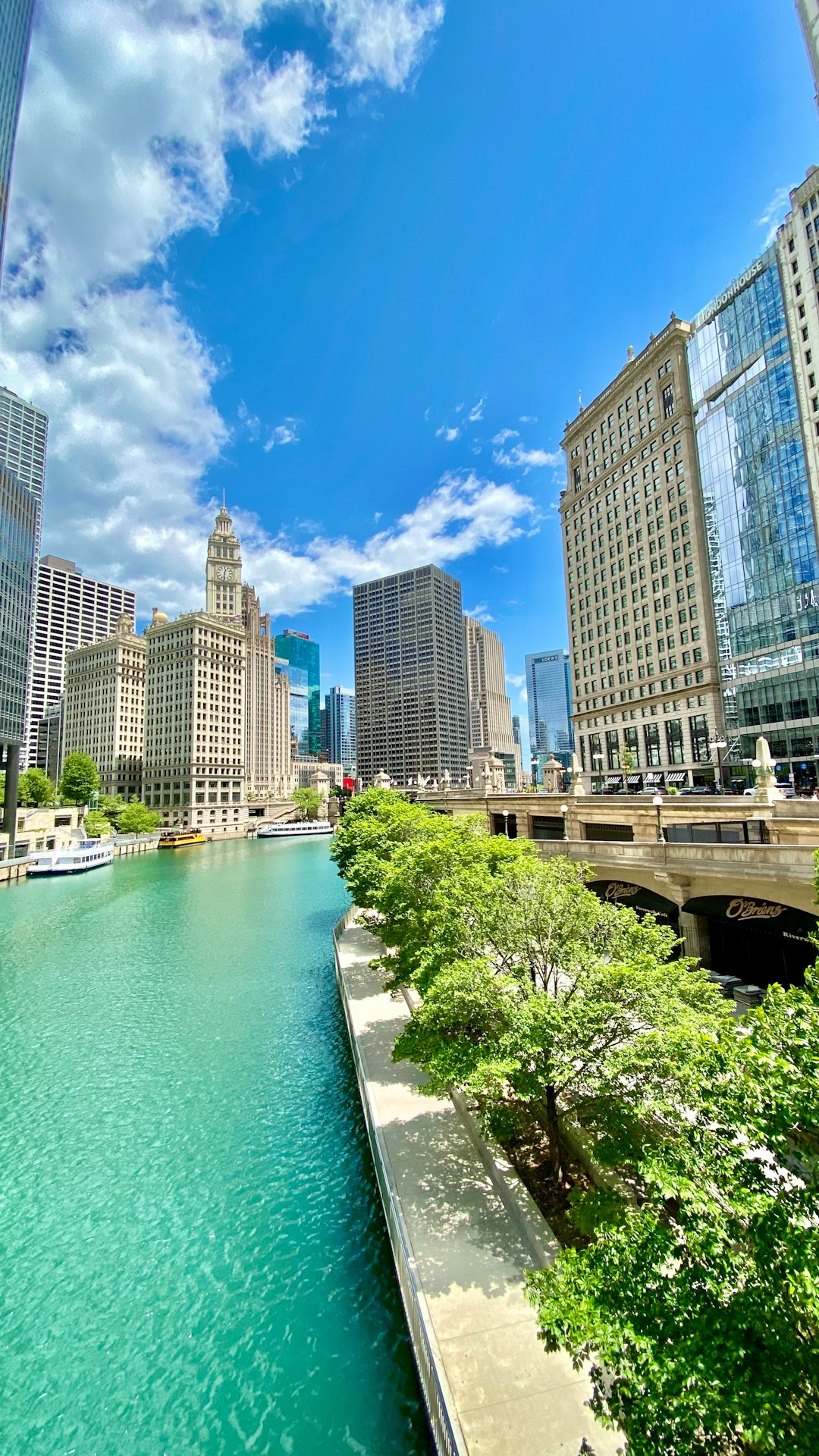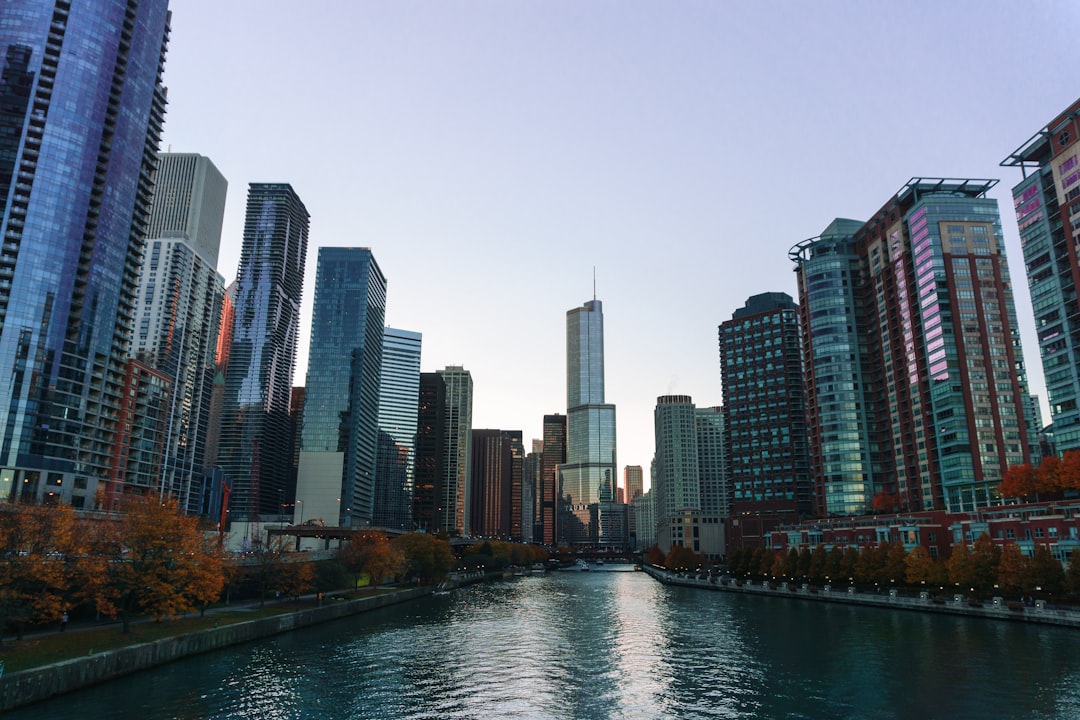Clergy abuse, a sensitive yet critical issue in Illinois, involves physical, emotional, or sexual assault by religious organization members. Survivors facing legal challenges due to power dynamics and stigma can find help from specialized clergy abuse lawyers who understand the complexities. These attorneys assist with trauma identification, liability establishment, compensation pursuit, and closure through legal avenues. In Illinois, where clergy abuse is a growing concern, law enforcement and support services work together to ensure justice for survivors. A strong case requires gathering evidence like policies, emails, witness testimonies, and detailed interaction histories. Experienced clergy abuse lawyers in Illinois can navigate complex laws and protect survivors' rights throughout the process, combining emotional support with legal advocacy to enable recovery and accountability.
“Survivors of clergy assault often face unique challenges in seeking justice. This comprehensive guide explores legal avenues available to victims in Illinois. We delve into the nuances of clergy abuse, recognizing its complex dynamics and impact. Understanding your rights is crucial.
From identifying legal experts specializing in clergy abuse cases to navigating evidence collection and strategic legal representations, this article equips survivors with knowledge. It highlights the importance of law enforcement involvement and available support services, ensuring a holistic approach to recovery and justice.”
Understanding Clergy Abuse: Recognizing and Defining the Issue

Clergy abuse is a sensitive and often overlooked issue, referring to any form of mistreatment or harm inflicted upon an individual within a religious organization by a member of the clergy. This can include physical, emotional, or sexual assault and may occur over a prolonged period or in isolated incidents. Survivors of such trauma face unique challenges when considering legal action due to the power dynamics involved and potential societal stigma.
Recognizing and defining clergy abuse is crucial for survivors seeking justice. In Illinois, where many religious institutions are based, victims might find solace in consulting a specialized clergy abuse lawyer. These attorneys have the expertise to navigate complex legal systems and understand the emotional toll of such experiences. They can help survivors identify the extent of their trauma, establish liability, and pursue appropriate legal avenues for compensation and closure.
Legal Rights of Survivors: What to Expect from a Clergy Abuse Lawyer in Illinois

When survivors of clergy assault come forward, understanding their legal rights is a crucial step in the healing process. In Illinois, victims have the right to seek justice and hold accountable those who have caused them harm. A dedicated clergy abuse lawyer in Illinois will ensure that survivors know and exercise these rights. They will guide clients through the legal system, providing support and advocating for their interests.
A skilled attorney specializing in clergy abuse cases can offer several key services. This includes helping survivors navigate complex legal procedures, explaining their options, and representing them in court if necessary. Furthermore, these lawyers can facilitate communication with law enforcement, protect client confidentiality, and ensure that survivors receive the compensation they deserve for the trauma they have endured.
The Role of Law Enforcement and Support Services for Victims
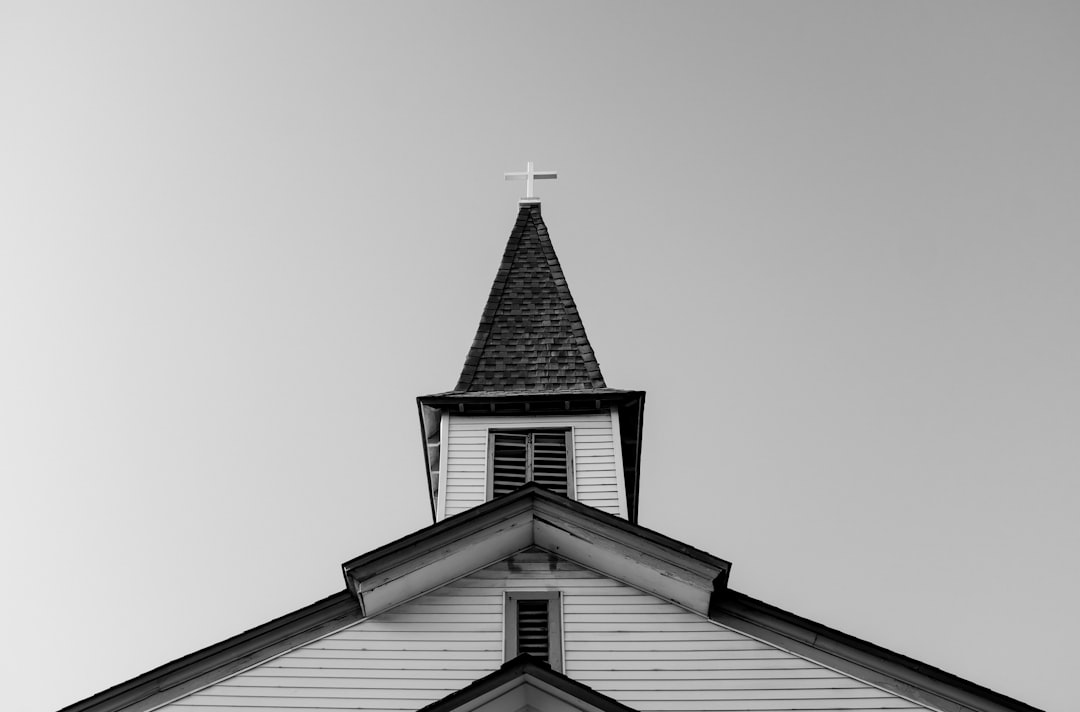
When a member of the clergy is assaulted, the role of law enforcement and support services is crucial in ensuring justice and healing for the survivor. In Illinois, where clergy abuse has been a growing concern, law enforcement agencies are increasingly sensitive to the unique dynamics of these cases. They work closely with victims to understand the complexities involved, providing protection and gathering evidence discreetly to avoid potential retaliation from the accused.
Support services play a vital role in assisting survivors of clergy assault by offering confidential counseling, legal aid, and advocacy. Organizations specializing in this area connect survivors with clergy abuse lawyers in Illinois who have experience handling such sensitive cases. These legal professionals not only help victims navigate complex legal systems but also provide emotional support throughout the process, ensuring that their rights are protected while they heal from the trauma of the assault.
Building a Strong Case: Evidence, Testimonies, and Legal Strategies

Building a solid case is crucial for survivors of clergy assault seeking justice in Illinois. Evidence plays a pivotal role, encompassing any documents, records, or objects that can corroborate the victim’s account. This may include religious organization policies, emails, text messages, and witness testimonies from individuals who have knowledge of the abuse. A well-documented history of interactions with the accused cleric can significantly strengthen a case.
Legal strategies should be tailored to the specific circumstances of each case. Clergy abuse lawyers in Illinois can help navigate complex laws and procedures. They may employ various tactics, such as filing civil lawsuits for damages or reporting the crime to law enforcement for potential criminal charges. An experienced lawyer will guide survivors through the process, ensuring their rights are protected and their voices heard.
Recovery and Justice: Support Available for Survivors of Clergy Assault

Surviving clergy assault is a profound and often complex journey towards healing and justice. Beyond legal action, survivors require a comprehensive support system to navigate their path to recovery. In Illinois, various resources are available to assist individuals who have experienced abuse within religious institutions. These include counseling services, support groups, and hotlines staffed by professionals specializing in trauma and religious trauma syndrome (RTS).
Legal aid plays a pivotal role in ensuring justice for survivors. Clergy abuse lawyers in Illinois offer specialized legal assistance, helping victims understand their rights and take appropriate legal action against perpetrators or the organizations that enabled the abuse. This can involve civil lawsuits for damages or criminal reports, seeking accountability and closure. The support available combines emotional care with legal advocacy, empowering survivors to take control of their healing process and strive for justice.
